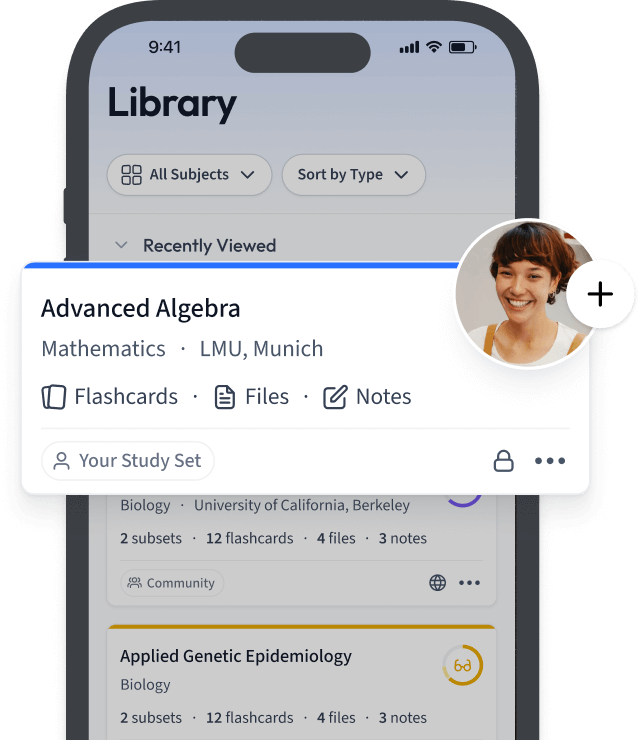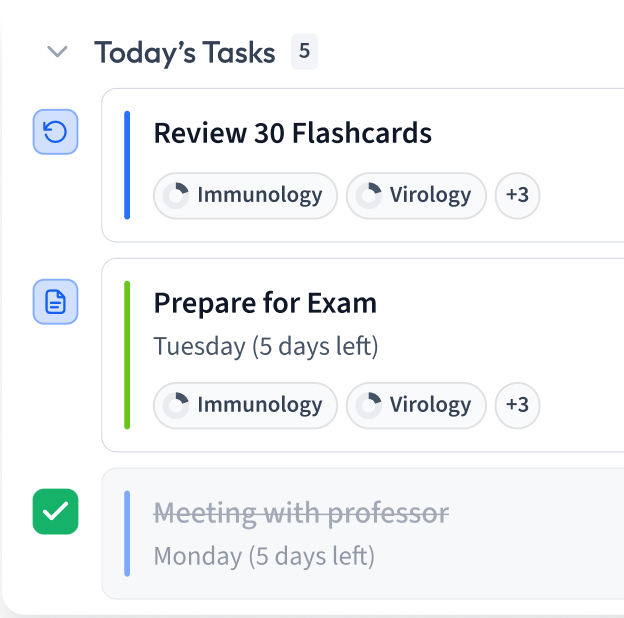- We will start by exploring the cue dependency theory of forgetting.
- Then we will delve into the cue context-dependent forgetting definition of psychology.
- After, we will look at the cue context-dependent forgetting research by Godden and Baddeley in 1974.
- Finally, we will learn the cue-dependent forgetting evaluation points from the Godden and Baddeley research.
Cue-Dependency Theory of Forgetting
In cognitive psychology, there are five main theories of what causes us to forget some of our memories, and one of these is the cue dependency theory of forgetting.
Tulving proposed the theory, and he attempted to explain what happens when the right cue/ stimuli are not present when trying to remember some memories.
This is only for some memories, sometimes we can remember things without the presence of cues, these memories are likely to have a stronger impact on us, or they have been elaborately rehearsed,
Cue Context-Dependent Forgetting Definition Psychology
Before we get into the details, let’s figure out what cue context-dependent forgetting means.
Cue-dependent forgetting, also known as memory retrieval failure, is when an individual fails to recall a memory because cues/ stimuli that were present when the memory was encoded are not present.
Cue Context-Dependent Forgetting Research: Godden and Baddeley’s (1974) Study
Much research has been conducted to investigate how retrieval failure can explain forgetting. In the following article, we will look at Godden and Baddeley’s (1975) ’s study on cue-dependent forgetting.
Godden and Baddeley (1975) conducted experimental research to highlight the importance of environmental settings in memory retrieval.
Fig. 1. Photos are an example of a memory cue.
Cue Context-Dependent Forgetting Research: Procedure
Eighteen deep-sea divers were invited to participate in the study.
The participants were asked to memorise a list of 36 unrelated words of two or three syllables. And participants were split into two groups. One group learned the words on the beach and the second group learned the words underwater.
For the analysis:
- Half of the beach learners remained on the beach when they were asked to remember the words. The rest had to recall underwater.
- Half of the underwater learners remained underwater to recall, and the others had to recall on the beach.
The study used an independent measures design as participants participated in different experimental conditions.
The study used an experimental design:
- The independent variable was whether the learning and recall environment was matched or mismatched.
- The dependent variable was the number of words recalled.
Cue Context-Dependent Forgetting Research: Findings
The results of the study are summarised in the table below.
| Table 1. Shows the average number of words recalled in the four experimental groups. |
|---|
| Learning on land | Learning underwater |
| Recall on land | 13.5 | 8.4 |
| Recall underwater | 8.6 | 11.4 |
Overall:
- 50% recalled better when the learning and recall environment was the same.
- 40% showed cue-dependent forgetting due to the mismatch between learning and recall environments.
Godden and Baddeley (1975) concluded that the mismatch between the external cues available at learning and recall led to retrieval failure. This study demonstrates context-dependent forgetting as the difficulty of recall increases due to the lack of external cues in the setting (context).
Evaluation of Studies on Cue-Dependent Forgetting
In the following, we will show you the evaluation of Godden and Baddeley’s (1975) study. This discusses real-world applications, circularity, ecological validity and ignoring other kinds of forgetting.
The understanding of how environmental context affects memory retrieval has significant real-world applications.
For example, Smith (1979) showed that just thinking of the room in which the original learning took place was as effective as actually being in the same place at the time of retrieval.
The theory has been helpful to forensic and police work as it helps facilitate recall from eyewitnesses. This highlights how the theory has a real-world practical application, i.e. it is useful outside the psychology laboratory.
However, the absence of cues cannot explain all kinds of forgetting.
For example, the interference theory of forgetting suggests that forgetting happens when memories interfere with and disturb one another; in other words, forgetting occurs when two pieces of information conflict.
Further, research evidence by McGeoch & McDonald (1931) showed that the more similar the two pieces of information, the stronger the interference effect. In other words, the more similar the information, the easier it is to forget. The theory may have overlooked the effect of interference on forgetting, and therefore it can be criticised as reductionist.
The Godden and Baddeley (1975) research lack ecological validity. Although this study was conducted in natural settings, the testing materials were artificial. The word list used in the study had no personal meaning to the participants and didn’t resemble actual memory usage in the real world.
Research evidence supporting cue-dependent forgetting is criticised for having the risk of circular reasoning.
Circular reasoning is a type of informal fallacy in which a conclusion is reached that is not materially different from something assumed as a premise of the argument.
In other words, the argument assumes what it is supposed to prove.
It is worth noting that no evidence has shown whether the cue has been encoded along with the testing material nor which test materials are successfully stored. The theory is difficult to refute because it does not explain whether recall failure occurs because the information is not stored or the right cue is not present.
Cue-Dependent Forgetting - key takeaways
- The cue dependency theory of forgetting is one of five forgetting theories in cognitive psychology.
- Cue-dependent forgetting, also known as memory retrieval failure, is when an individual fails to recall a memory because cues/ stimuli that were present when the memory was encoded are not present.
- Godden and Baddeley conducted cue context-dependent forgetting research in 1974.
- Godden and Baddeley (1975) concluded that the mismatch between the external cues available at learning and recall led to retrieval failure.
- The cue-dependent forgetting evaluation points from the Godden and Baddeley research include real-world applications, circularity, ecological validity and ignoring other kinds of forgetting.
How we ensure our content is accurate and trustworthy?
At StudySmarter, we have created a learning platform that serves millions of students. Meet
the people who work hard to deliver fact based content as well as making sure it is verified.
Content Creation Process:
Lily Hulatt is a Digital Content Specialist with over three years of experience in content strategy and curriculum design. She gained her PhD in English Literature from Durham University in 2022, taught in Durham University’s English Studies Department, and has contributed to a number of publications. Lily specialises in English Literature, English Language, History, and Philosophy.
Get to know Lily
Content Quality Monitored by:
Gabriel Freitas is an AI Engineer with a solid experience in software development, machine learning algorithms, and generative AI, including large language models’ (LLMs) applications. Graduated in Electrical Engineering at the University of São Paulo, he is currently pursuing an MSc in Computer Engineering at the University of Campinas, specializing in machine learning topics. Gabriel has a strong background in software engineering and has worked on projects involving computer vision, embedded AI, and LLM applications.
Get to know Gabriel














